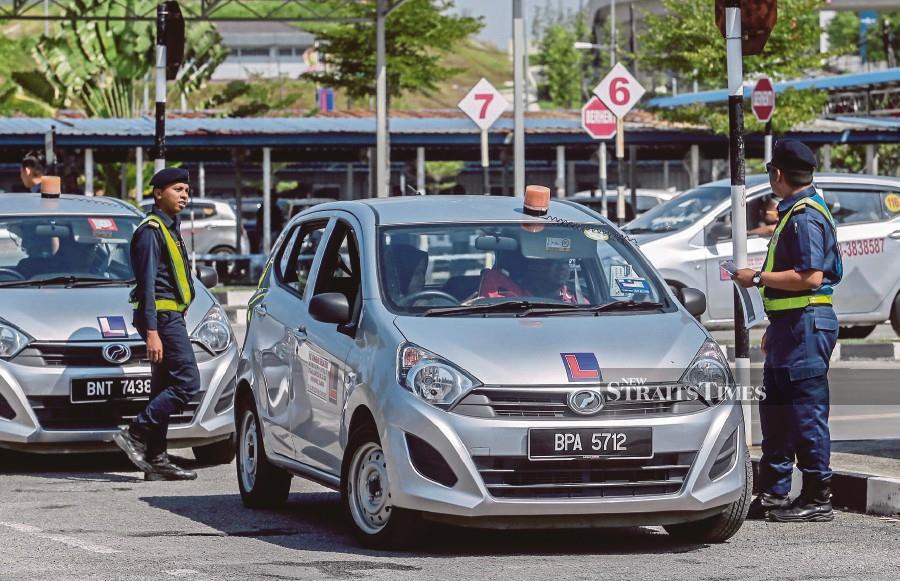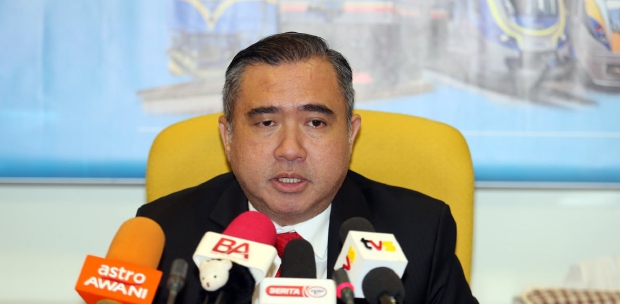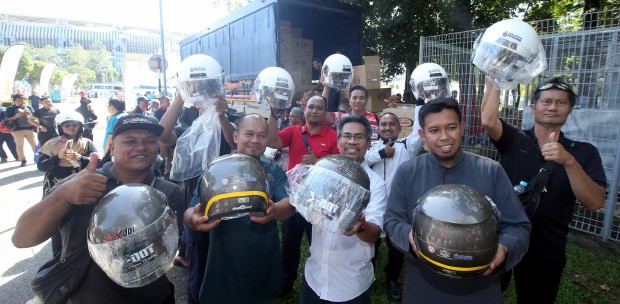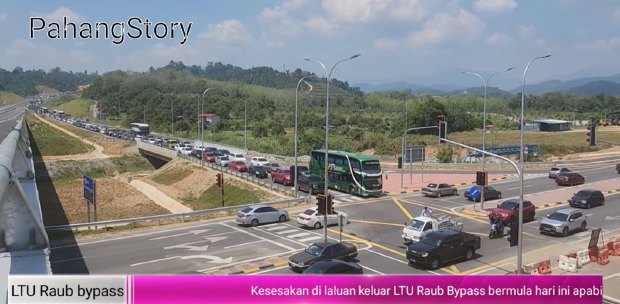Amidst the frenetic traffic conditions during the recent Lunar New Year celebrations, a bigwig from the Road Transport Department suggested that driving schools be penalised for the follies of their students on the road.
There was all-round outrage from driving schools at the preposterous suggestion as they rightly pointed out that the examiners had come from the department itself!
A face-saving statement quickly emerged at the ministerial level from which the department belonged. The suggestion was doused as a personal opinion of the department head.
One of the immediate responses from driving schools was that stricter enforcement is needed. Such feedback is as old as the hills to the extent that many of us have become impervious to the lack of enforcement.
Seeing the "bolder" (or reckless) road users testing the limits of legitimacy or sanity is common nowadays. We can only deduce that these happen frequently because we don't often see enough enforcement from people tasked with the responsibility.
I cite two recent examples of dangerous driving. First, I chanced upon a boxy multi-purpose vehicle (MPV) veering dangerously at 120kph on the left lane of the 90kph limit tight three-lane DUKE Highway towards the Jalan Duta (Jalan Tuanku Abdul Halim) interchange, then weaving in and out as if it were a minicar, almost hitting other cars by inches, even though the toll plaza was just 200 metres away.
Second, a not-too-new 1.5 litre sedan was hurtling down on the right lane of the North-South Expressway after the Jalan Duta toll as if the driver was rushing for an appointment towards the north in Tanjong Rambutan.
But suddenly, it swerved to the left because the driver wanted to cut into the North Klang Valley Expressway (NKVE).
Both instances placed other motorists at risk if something bad were to happen. But, did the drivers involved care?
No. Why? They were more concerned with themselves. They drove with impunity because there was simply no enforcement or surveillance. And the usual refrain from department heads whenever the public clamours for more enforcement is often blamed on the lack of manpower. Is that really the case?
I am no manpower planning expert, but I often ask myself why are there so many uniformed RTD officers performing administrative tasks at RTD offices.
They are either processing or collecting this or that. These tasks should be left to non-uniformed civil servants.
And the uniformed officers should be out on the field to do what they are supposed to do, like enforcement, thinking about ways to improve road manners, or planning a new syllabus for road-users befitting 21st century road travel in Malaysia, since it has been pointed out that 80 per cent of our accidents stemmed from human error.
We can end this debate by tapping on the expertise of the Malaysian Administrative Modernisation and Management Planning Unit (Mampu) under the Prime Minister's Department — an organisation that's supposed to do something basic like manpower planning.
I am sure Mampu can provide an informed opinion after a fortnight of evaluation on the day-to-day responsibilities of the RTD. It should lead to RTD becoming more dynamic and contribute towards the lessening of road accidents.
On another related matter, I must say that it would have been a different ball game if traffic offenders were hauled up and given hefty fines. But, if scenarios of recent years are anything to go by, it seems the authorities are "condoning" reckless driving or making light of a grave matter by giving hefty year-end discounts on traffic summonses.
And, last year was mind-boggling — discounts were slashed as absurdly high as 80 per cent! This is tantamount to saying: "Go ahead, these are just minor offences".
While it certainly lifts a huge burden off the wallets of the offenders, these "year-end sales" certainly also send a wrong message.
Punitive fines are meant to educate motorists about their responsibilities on the road.
Traffic rules are meant to ensure orderly traffic on our roads, while summonses are to make offenders painfully aware if they were to break them. Discounts will lull offending motorists into believing that their offences are minor and deserve only a slap on the wrists.
So, they will never learn. They must be dealt with in accordance with the law. Never spare the rod and spoil the child!
The writer is a former Bernama chief executive officer and editor-in-chief






